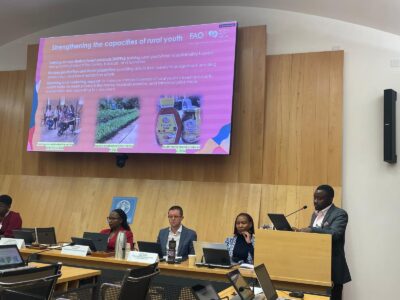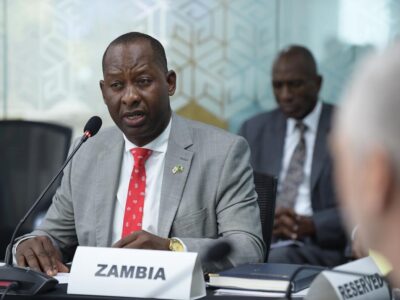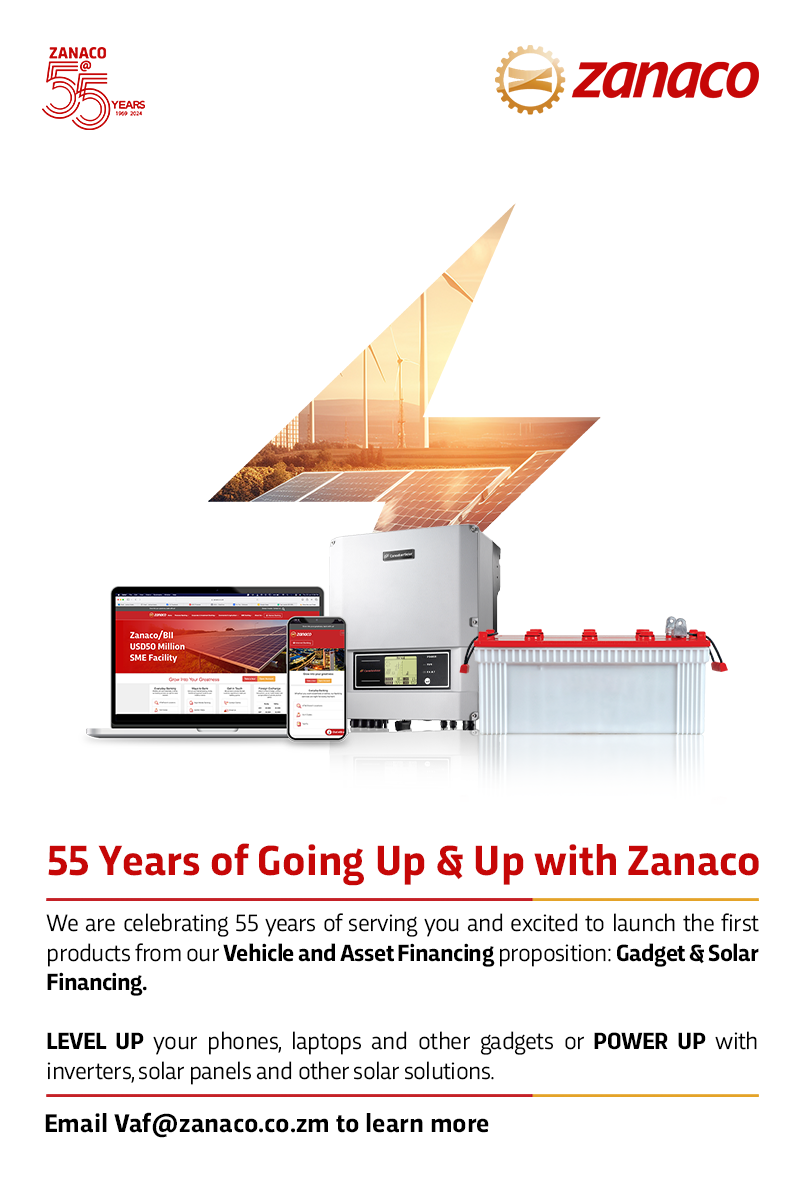The latest World Bank Africa’s Pulse report has projected that Zambia’s growth is expected to remain subdued at 2.7 percent in 2023, hampered by poorer performance in the agriculture, mining, and energy sectors.
The report, an analysis of issues shaping Africa’s economic future, released last week indicated that growth was expected to remain subdued at 2.7 percent in 2023, down from 4.7 percent in 2022.
It pointed to poorer performance in the agriculture, mining, and energy sectors as major setback in the growth.
According to the report, an increase in activity in the manufacturing and financial sectors was offset by poorer performance in the agriculture, mining, and energy sectors.
“The current account continued to record a surplus for a fifth consecutive year (3.8 percent of GDP in 2023), and the fiscal deficit is expected to continue narrowing.
“Zambia is in talks with foreign bondholders to restructure an additional US$3 billion in debt, after reaching a US$6.3 billion debt restructuring agreement with official creditors in June,” it stated.
Read more: World Bank projects slow growth in sub-Saharan Africa’s economy, gives reasons
The report named Angola, Burkina Faso, Chad, Equatorial Guinea, Ghana, Lesotho, Mali, Malawi, Nigeria, São Tomé and Príncipe, and Zambia as a group of countries where growth was slipping.
Meanwhile, the report showed that Nigeria and Zambia had recorded a contraction in activity in August, 2023 (composite of manufacturing and services).
It cited weak business confidence and rising input costs to be driving the contraction of activity.
“For the rest of the countries, the Purchasing Managers’ Index (PMI) signals an expansion in economic activity, although at a slower pace.
“Modest improvements in business conditions, an expansion of new orders (although at a slower pace), and build-up of inventories due to increases in input purchases were the main contributors,” according to the report.
It also indicated that quarterly real Gross Domestic Product (GDP) data for Sub-Saharan African countries revealed that the largest economies in the region had a softer start in 2023 compared to the first quarter of the previous year.
An uncertain trajectory for the global economy coupled with easing commodity prices and tight global financial conditions (as a result of still high global inflation) were among the external forces that might have influenced the slower start of the year.
WARNING! All rights reserved. This material, and other digital content on this website, may not be reproduced, published, broadcast, rewritten or redistributed in whole or in part without prior express permission from ZAMBIA MONITOR.













Comments